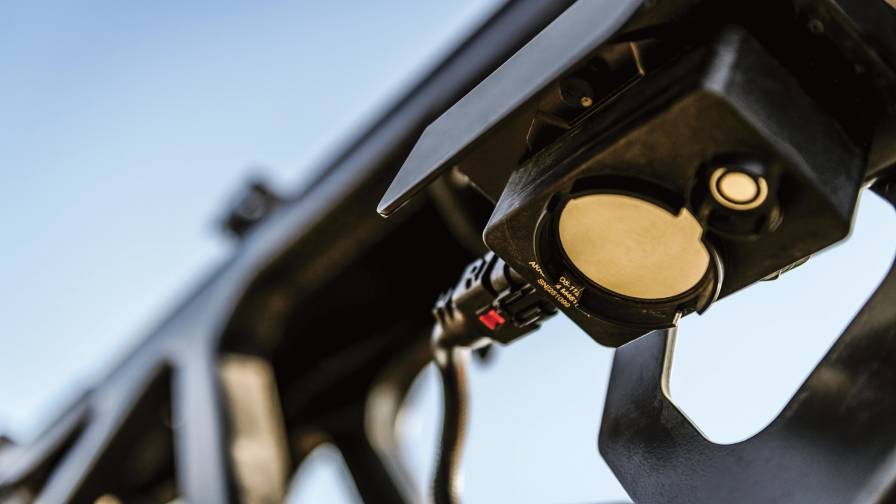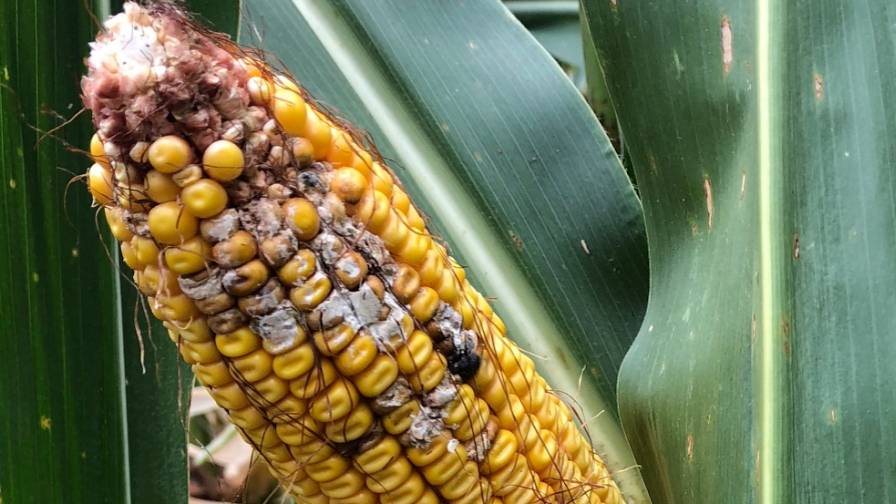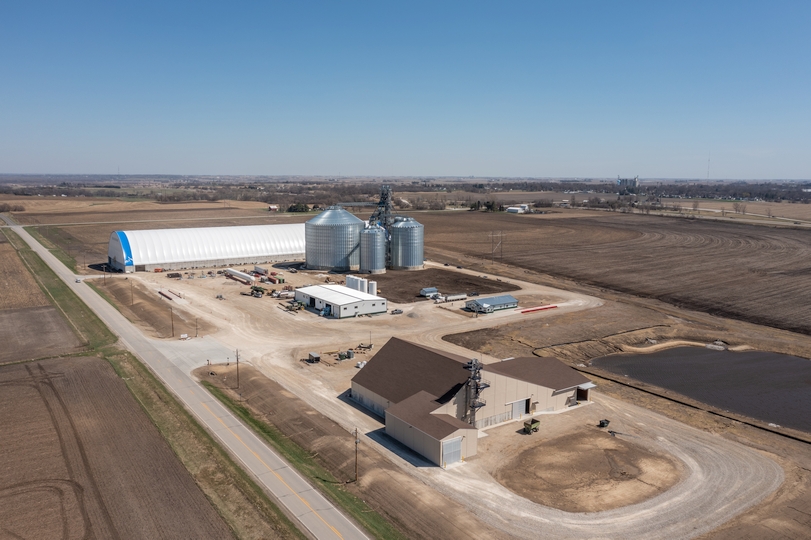Amid the Coronavirus Outbreak, Mosaic Works to Ensure Employee Safety and Secure its Supply Chain
In the face of business disrupting Covid-19, The Mosaic Company has two objectives: Keep employees safe and the supply chain intact, writes Dan Jacobs at AgriBusiness Global.
The integrated producer and marketer of concentrated phosphate and potash has 13,000 employees and operations across six continents including China where coronavirus first appeared. Though the company’s operation in that country wasn’t near the epicenter, it was shut down for a time, and the management team gained insight on how to deal with the pandemic from watching what was happening there.

Rick McLellan, SVP, Commercial at Mosaic
“We did learn from them about the things we can do in offices to make sure people are connected and talking with customers,” says Rick McLellan, SVP, Commercial at Mosaic. “It did help educate on what we could have to deal with. We looked at putting systems in place. We looked at alternating shifts at our production facilities, so that we can be sure that groups that work together if we have a portion of our facility or one of the offices has something happen, we’ve got shifts that have not had anything happen and we can pull people in.”
Minimizing Disruption
When employees have returned from vacation or any that have shown symptoms were required to self-quarantine for 14 days. Before the shelter in place order was enacted in Florida, the company instituted a plan for its Tampa-based headquarters. Management took a cross-section of disciplines and created two teams. One team worked Monday and Tuesday in the office, which was then thoroughly sanitized Tuesday night before the second team came in to work Wednesday and Thursday. Friday was a mandatory close day.
“I can’t say there hasn’t been disruption, but I wouldn’t say there is radical disruption,” McLellan says. “We’re seeing small pieces of it around the world as countries react to how they’re going to deal with the coronavirus. India is a good example. They announced a 21-day almost complete shutdown of the country. All of a sudden, ports are saying, ‘we’re not going to receive fertilizer; we’re not going to receive anything. We’re going to shut down.’ Immediately, the government issues an order on essential, critical infrastructure — fertilizer, food stuffs, and oil are critical. Products are unloading.
As new orders come into place there may be a natural disruption that takes place, but overall food needs to move. And products that help in the production of food, need to move.”
Mosaic has seen a few interruptions among its workers, but so far nothing major.
“We’re doing things to separate our people, so if something does happen, we can still maintain our business,” McLellan says. “That has worked well for us.” Once the lockdown order was instituted requiring everyone to work from home, we worked like much of the rest of the world with online meeting applications.
Continue reading at AgriBusiness Global.





